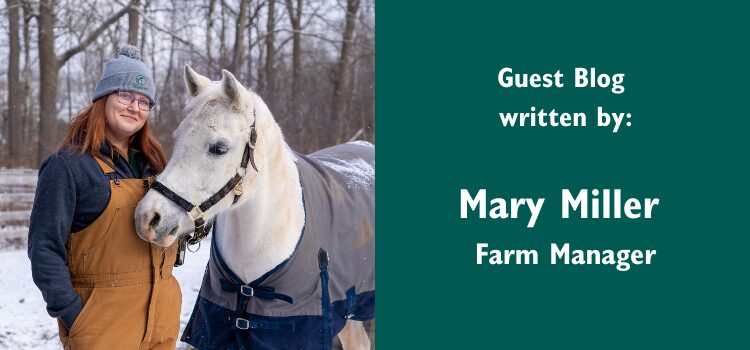Potbelly pigs are absolutely adorable and super cuddly, making them great companions! However, they have some unique care needs that are important to understand before bringing one home. From regular veterinary care to proper grooming, here’s what you need to know to help your pet pig live a happy, healthy life.
-
Vaccinations Potbelly pigs should be vaccinated once a year with rabies and a combo shot (ER-BAC Lepto5).
-
De-Worming Potbelly pigs should be dewormed at least once a year, or as directed by a veterinarian. The most common dewormer for potbelly pigs is Ivomec 1% Injectable.
-
Tusk trimming When you adopt a male potbelly pig, be aware that they can develop long tusks. These tusks should be trimmed by your veterinarian at least once a year. If they are not trimmed, they can injure other pigs or grow at an uncomfortable angle.
-
Hoof trimming Potbelly pigs require regular hoof trims, depending on their living conditions. If they spend most of their time outdoors, they naturally wear down their hooves and may only need a trim once a year. However, on average, potbelly pigs should have their hooves trimmed at least twice a year. For potbelly pigs with mulefoot (fused hooves), hoof trims will be necessary approximately every two months.
-
Physical Exams It’s essential to have your veterinarian perform a physical examination on your potbelly pig at least twice a year. This allows the veterinarian to become familiar with your pig’s baseline health, which is helpful if your pig becomes ill or exhibits unusual behavior.
-
Sunscreen Light-colored pigs require sunscreen when exposed to the sun during the summer months. Use baby-safe sunscreen and apply it to their backs, bellies, ears, and shoulders. In some cases, even darker-colored potbelly pigs may need sunscreen if they experience prolonged sun exposure.
-
Skincare Some potbelly pigs are prone to dry skin. To help moisturize their skin, you can apply coconut oil; however, be cautious not to do this if your pigs will be exposed to sunlight. Additionally, you can enhance their diet with a skin and coat supplement and brush them occasionally.

Finding the Right Veterinarian
Finding a veterinarian for potbelly pig owners can be challenging. Pigs are prey animals by nature, which affects their behavior during veterinary and husbandry care. When handled or restrained, they tend to scream and squeal. Additionally, their strength and reluctance to remain still make them difficult to restrain. For these reasons, many veterinarians opt not to treat pigs.
If you’re fortunate enough to find a veterinarian who is willing to work with pet potbellied pigs, it’s essential to maintain a relationship with them. Regular exams, even when your pig appears healthy, ensure that your vet is familiar with your pig and makes it more likely they’ll be available when emergencies arise. Due to a growing veterinary shortage, having an established relationship is more important than ever.
Considering Adoption?
If you are interested in adopting potbellied pigs from Lollypop Farm, we can assist you in finding a veterinarian if you don’t already have one! Fill out our application here if you are interested in one of our farm yard friends!
Sources:
Griffler, M. & Hess, T. “How to Conduct a Pig Health Check.” Open Sanctuary Project. (2023, June 15). https://opensanctuary.org/how-to-conduct-a-pig-health-examination/.
Griffler, M. “The Importance of Sun Protection for Pigs.” Open Sanctuary Project. (2018, December 26). https://opensanctuary.org/the-importance-of-sun-protection-for-pigs/.
Mozzachio, K. “Routine Veterinary Care of the Miniature Pig.” (2019, April 7). LafeberVet. https://lafeber.com/vet/routine-care-mini-pig/.



